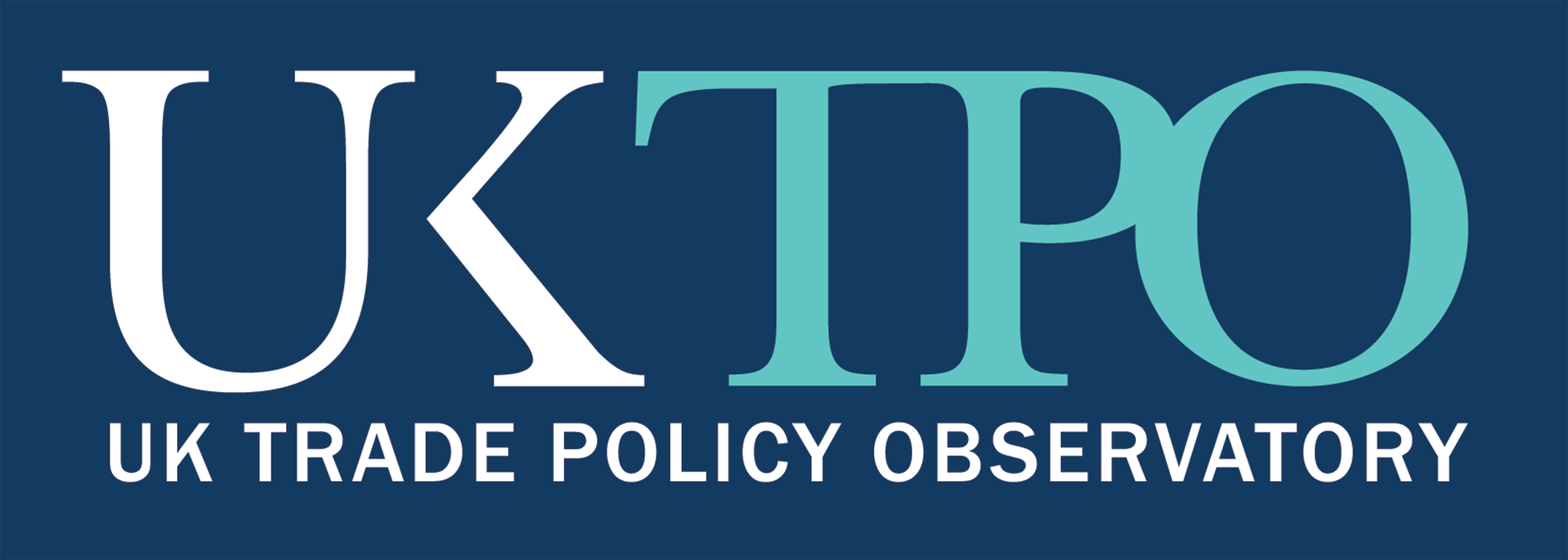A few important steps forward: the UK-EU strategic partnership
The current UK Government is focused on delivering economic growth and positioning the UK as an important economic and diplomatic player internationally. The relationship with the EU is probably the most crucial bit in this jigsaw, and the deal struck on Monday, outlined in a “Common Understanding”, indicates the direction of travel: cautiously and selectively rebuilding closer relations with the EU along a number of dimensions, first and foremost on security and defence matters, but also including energy, environmental, and some economic aspects. We will discuss three particular areas that are related to trade in the ‘common understanding’: fisheries and trade in agri-food products, youth mobility, and cooperation on energy markets and carbon emissions, respectively. We explain why the deal delivers in two out of three areas. More could have been done, and with firmer commitments. The document essentially represents a negotiating agenda with mostly aspirational language, whereby the two parties agree to “work towards” certain outcomes and everything has to be finally negotiated. Yet every journey starts with a single step, and the one taken on Monday is a sensible step in the right direction. Fish and food: Significant departures from Brexit A core, perhaps the main, EU demand [...]

